Today’s readings
I’ve been saying this a lot lately, but to be Catholic means being on the move. Many of the ancient churches were built in a shape that evoked a ship, which hearkened back to Noah’s ark, which was a foreshadowing of the Church. Just as that ark was the means of salvation for a few people and a refuge against the storm, so the Church is the means of salvation for the world, and a refuge against everything that the world has raging around us. We are always and forever a people on the move; we are not at home in this world, wherever we may be. Our true home is in heaven and we are on our journey there. Every moment of our lives has to be a choice to move closer to our heavenly homeland.
And that’s what today’s Gospel is all about. Jesus, having died and risen from the dead, is now preparing his disciples for his immanent return to heaven, where he intends to prepare a place for us. He promises that we can get there one day by following him: he who is the way, the truth and the life. And we need him to be that way for us, because our sinfulness had cut us off from God, and it was only the death and resurrection of Christ that could ever restore us to the inheritance that God always wanted for us. So today’s Scriptures, I think, give us the goal, the way to get to the goal, and the effects of achieving that goal.
We know, then, what our goal is. The goal is that mansion that Jesus speaks of – the Father’s house in which there are many dwelling places. It’s a mansion in which there is room for everyone, just as long as they find the way to get there. This reminds us that as nice as our home may be here on earth, there is something better awaiting us. It also serves as a reminder to those whose earthly home is difficult, or even non-existent, there is a place where they truly belong. Whatever our current living situation, however entrenched we are in our earthly life, we are reminded today that we are not home yet, that ultimately there is a place where we can live that will make us feel truly at home for all eternity.
The way to get to that goal is made pretty clear in the Gospel too. Jesus is very direct about saying, “I am the way and the truth and the life. No one comes to the Father except through me.” So if we want to get to our promised inheritance, there is just one way to get there, and that is through Jesus Christ whose sole mission was to pave the way for us to get back home. Notice very carefully that Jesus does not say, “There are several ways, and I am just one of them; there are many possible truths, and you can hear one of them in me; you can live your life all sorts of ways, and my life is a nice one.” No – he says “I am the way, the truth, and the life. No one comes to the Father except through me.” This is a statement that has all sorts of implications for the work of evangelization, because if we believe this, seriously believe it – and we should! – then we have to make sure that everyone comes to know the Lord.
Does this mean that those who do not ever come to know the Lord will never receive the heavenly inheritance? Put another way, more directly perhaps, does this mean that non-Christians don’t go to heaven? That’s a tough one. Vatican II addressed that concern by stating that while the fullness of the means of redemption were present in the Catholic Church, still there are elements of redemption present outside the Church. It says, “… some and even very many of the significant elements and endowments which together go to build up and give life to the Church itself, can exist outside the visible boundaries of the Catholic Church: the written word of God; the life of grace; faith, hope and charity, with the other interior gifts of the Holy Spirit, and visible elements too. All of these, which come from Christ and lead back to Christ, belong by right to the one Church of Christ.” (Unitatis Redintegratio, 3) Basically, we don’t have a monopoly on how Christ reveals himself to people, and we cannot know the depths of God’s mercy. Still, helping people to come to know the Lord needs to be at the top of our to-do lists.
So the goal is heaven, and the way is Christ. The readings today also give us the effects of achieving the goal. Those effects include a community where relationships can overcome difficulties, a relationship with God the Father, and an ability to do amazing works in the name of Christ.
In the first reading, we see the early community addressing perhaps the first challenge they have had. There is an inequity in the distribution of aid to the widows, and presumably, their children. This is not unlike inequities that exist in parishes everywhere at one time or another. But, being that they were all filled with the Holy Spirit, and that they had chosen Christ as their way, truth and life, they were able to resolve the issue in a prayerful way. They are able to appoint seven members of the community to take care of that, so that the Apostles can continue to preach the word. There is an attention to the needs of the less fortunate, there is a sharing of authority, and an empowerment of the community. These are all fruits of trusting Jesus to be our way.
The second effect of achieving our goal is a relationship with God the Father. This is very directly what Jesus came to accomplish. Jesus, the one who was completely united with the Father, came to our world so that we could have that same relationship. That would not ever have been possible without Christ, because the only way to know the Father is to know him. Because of their complete unity, when we see Christ, we see the Father. As Jesus says to Philip, “Whoever has seen me has seen the Father. How can you say, ‘Show us the Father’? Do you not believe that I am in the Father and the Father is in me? The words that I speak to you I do not speak on my own.” This also has implications for us believers. Because people come to see Christ in us, they will come to see the Father in us as well. This promise makes it all the more important that we make sure that we are not an obstacle to people coming to know the Lord.
And finally, the third effect of achieving our goal is that we can do great works in the name of Christ. Some people say that Jesus never came to establish a Church, but today’s readings tell us that is patently false. He certainly came to establish a Church, because after his death and resurrection, it was the actions of the Church that continued his saving work. It was the Church that continued the healing, reaching out to the needy, preaching the Word, and all the rest. And the Church continues this saving work in our own day. We are empowered to do wonderful works: to preach, to heal, to serve and love in the name of Jesus Christ. None of this happens on our own, or as a result of our own ambition. It only happens by joining ourselves to the One who is the way, the truth and the life.
There’s a lot at stake in our Scriptures today. There is a world that needs to know Jesus so that they too can know the Father and experience the joy of a real home. There is a world that needs to know the touch of Jesus so that they can be healed and strengthened for life’s journey. There is a world that needs to hear the Word of Jesus so that they can come to the way, the truth and the life. It’s on us now, none of us can be passive observers or consumers only. As St. Peter says today, we “are ‘a chosen race, a royal priesthood, a holy nation, a people of his own, so that [we] may announce the praises’ of him who called [us] out of darkness into his wonderful light.” We are not home yet, but we can get there through our Jesus, our way, our truth, and our life, and we have to gather everyone we can, and take them with us!


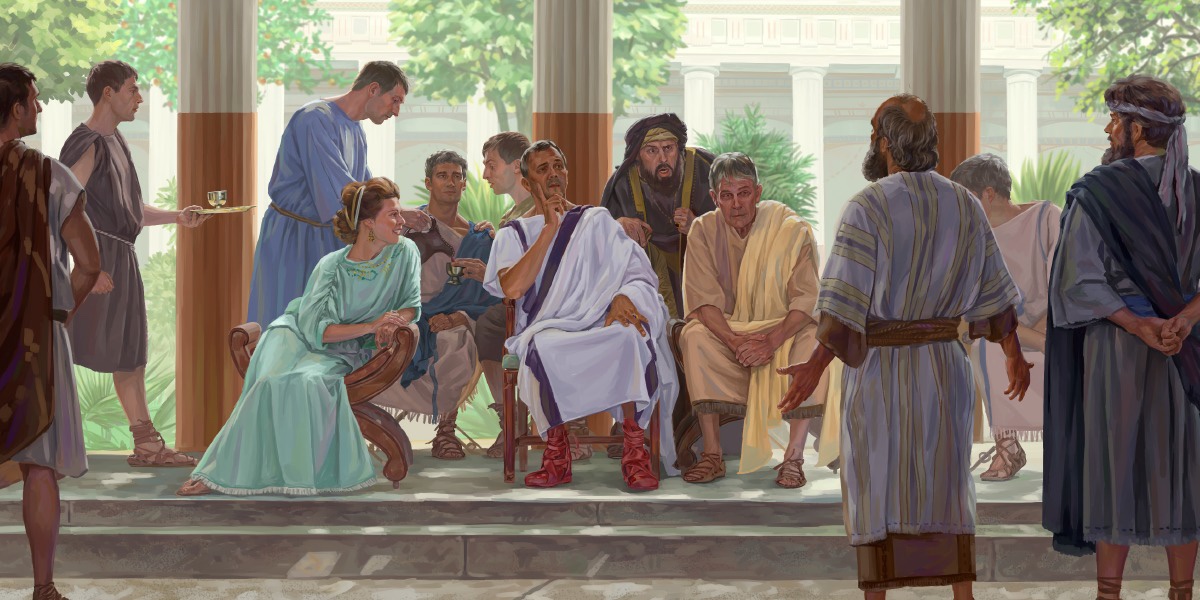
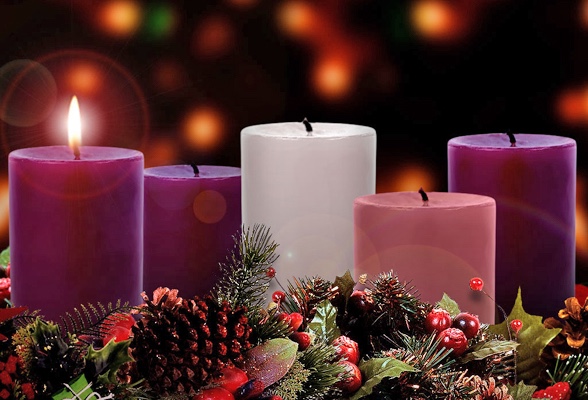
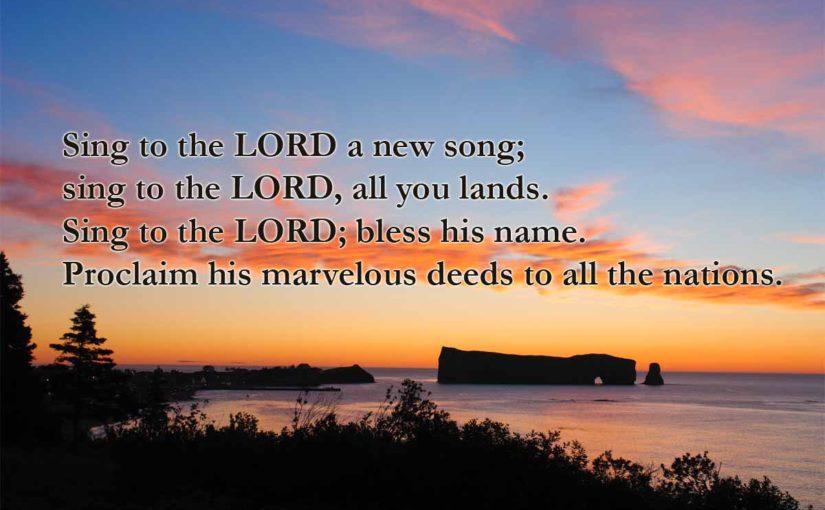

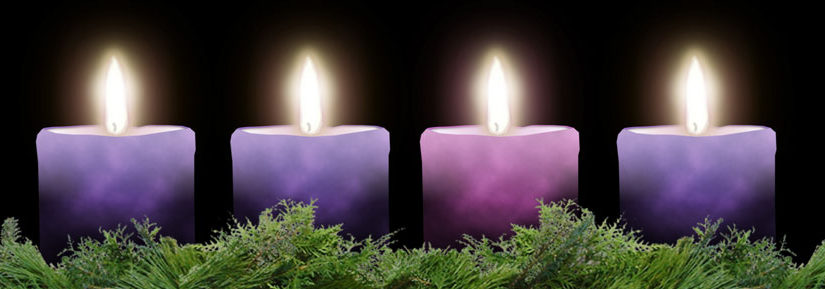
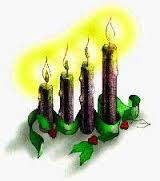

You must be logged in to post a comment.